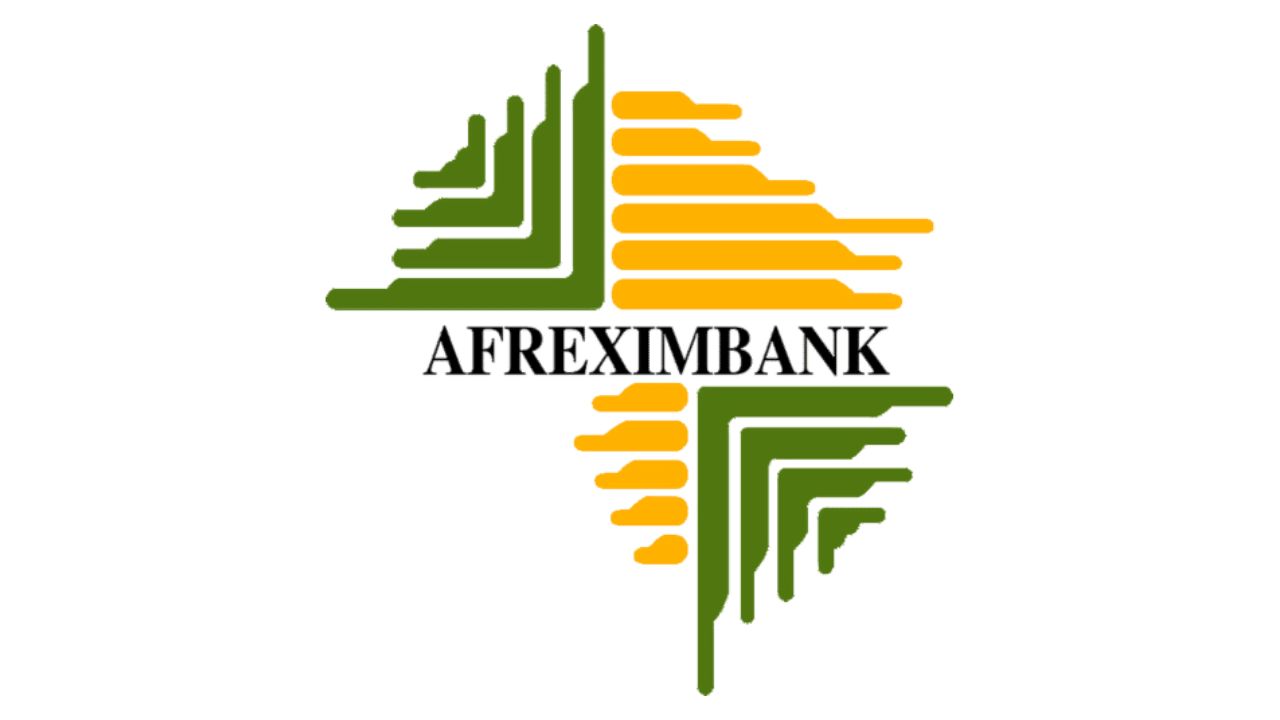Analysts foresee a challenging year ahead for Nigeria’s major banks, as they grapple with a projected decline in earnings.
This prognosis is detailed in a new report by Afreximbank, which points to difficulties in adapting to regulatory and market changes as the primary reason for the anticipated decline.

The report highlights the impact of the Central Bank of Nigeria’s policy shift to a more orthodox approach, which is expected to particularly affect banks heavily reliant on foreign exchange. It notes that the policy change may lead to a contraction in earnings for these banks in 2024.
READ ALSO: Afreximbank Disburses US$200m To Nigeria’s Zenith Bank To Cushion Impact Of COVID-19
One of the key factors contributing to this outlook is Nigeria’s currency crisis, which has driven inflation to as high as 31.7 percent in February. The devaluation of the naira and heavy import dependency have also contributed to making essential goods unaffordable for many Nigerians.
The report underscores the persistent high demand for dollars, despite efforts by the central bank to stabilize the foreign exchange market. It calls for reforms to boost exports and attract foreign investment as essential measures to address the currency crisis.
In response to the currency challenges, Nigeria has tightened regulations on street trading of foreign exchange and raised the capital requirements for bureau de change operators.
These measures are aimed at stabilizing the foreign exchange market.
READ ALSO: Imo gives land to Afreximbank for quality assurance center
The report also mentions Nigeria’s intention to strengthen its relationship with Russia by joining the BRICS group, which includes Brazil, Russia, India, China, and South Africa.
Officials have emphasized that this move is not influenced by Western powers.
Additionally, the report highlights the worsening food scarcity in Nigeria, attributing it to rising insecurity. Farmers are reportedly paying bandits for access to their farms, which has led to increased food prices. Despite government efforts such as distributing aid and releasing grain reserves, food prices continue to rise sharply, with staple foods jumping by 50-100 percent in a month.
As Nigeria enters Ramadan, the country faces over 35 percent food inflation, further exacerbating the food crisis. The report underscores the urgent need for solutions to address these challenges and stabilize the economy.




